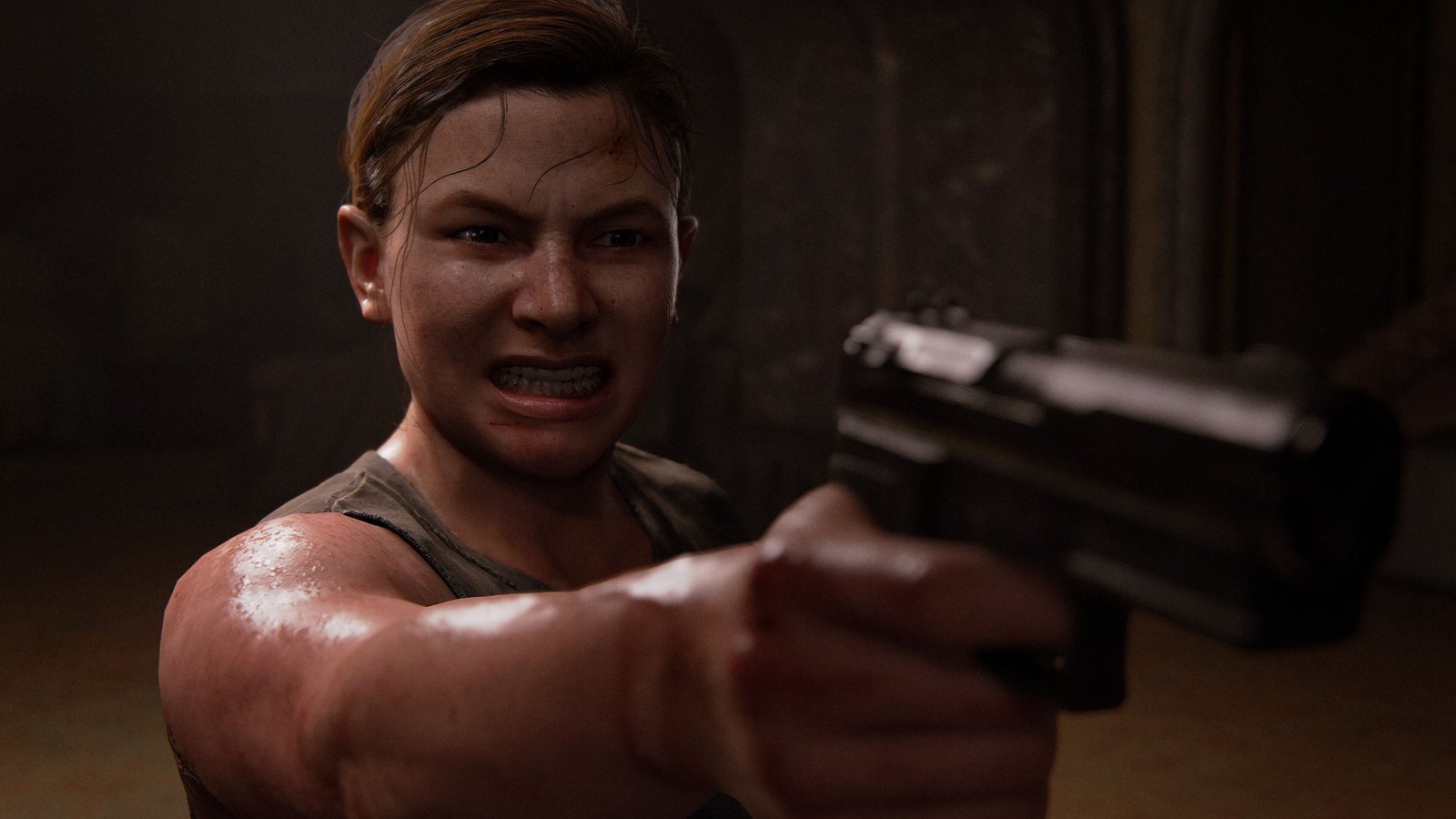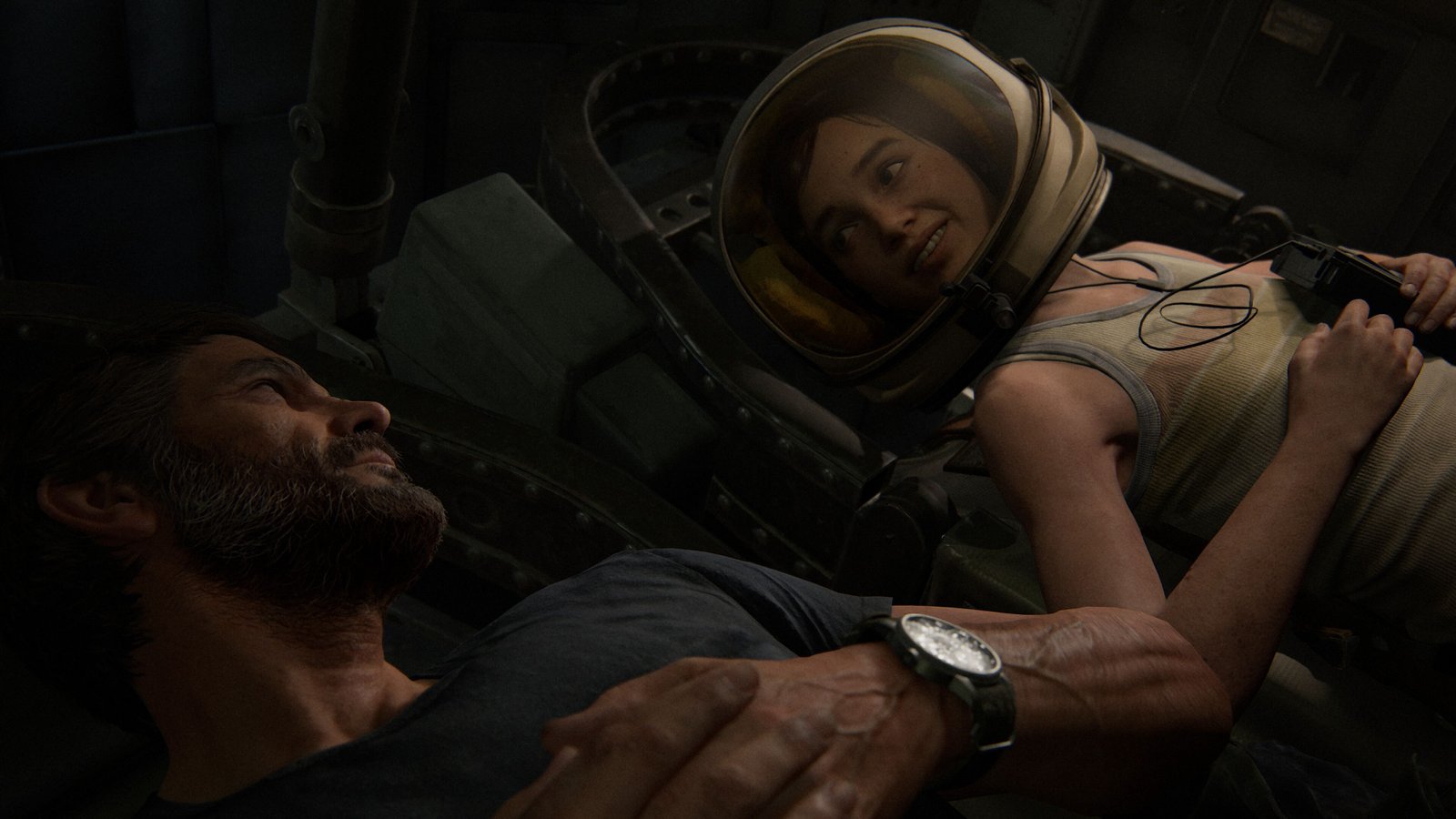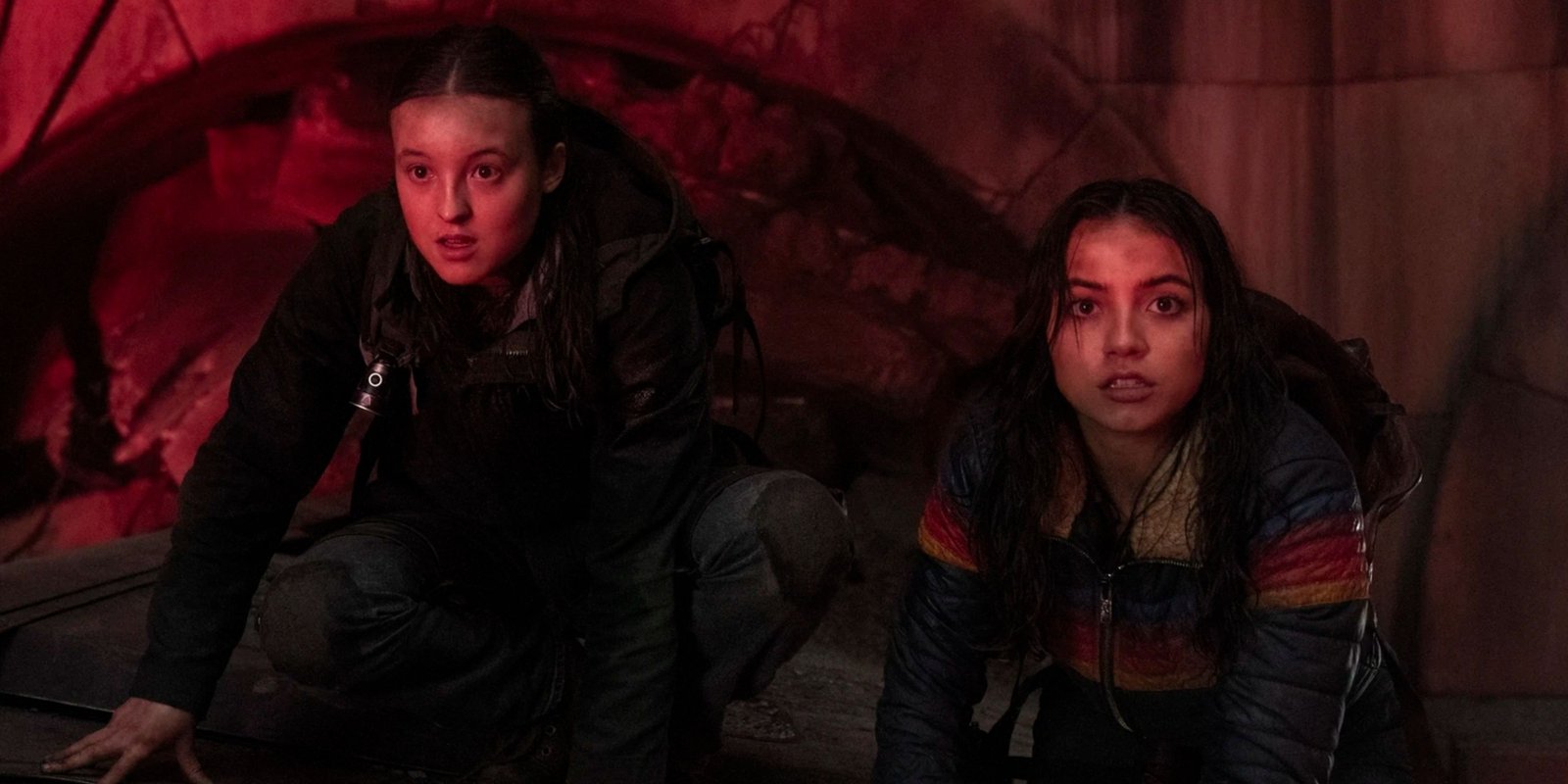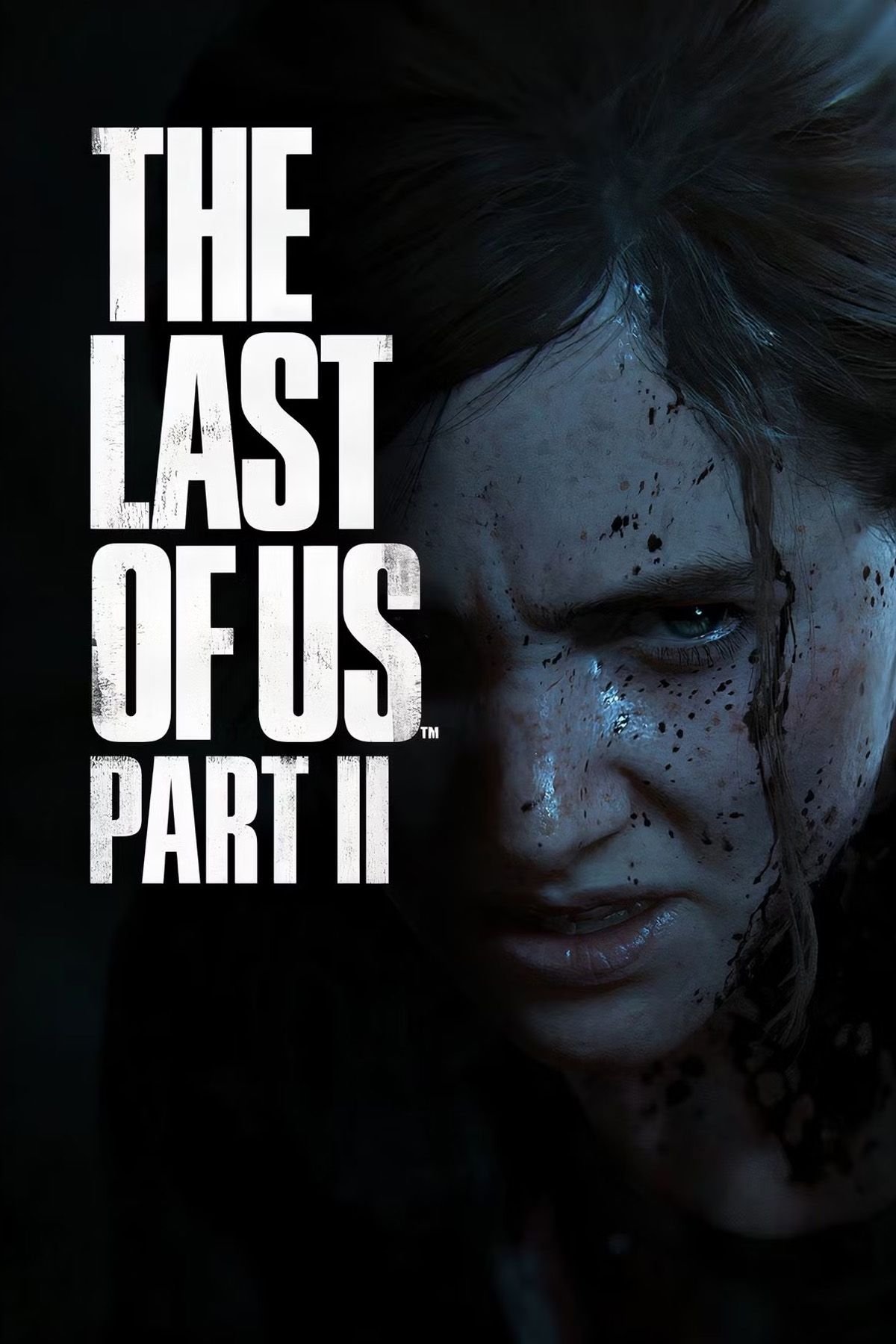Craig Mazin recently confirmed that he hopes to tell the full story of The Last Of Us Part 1 and 2 across four full seasons of the show. We’re going to spend a long time on the farm…
For years, I was in defiance of a sequel, believing daring to follow it up would ruin everything it did so well. I couldn’t have been more wrong, and when it comes to the HBO adaptation, I was hoping Craig Mazin and Neil Druckmann could prove me wrong all over again.
The Last Of Us Part 2 Works So Well Because Of Its Interactivity
The majority of players came into The Last of Us Part 2 already in love with Ellie. Spending an entire game watching her relationship with Joel develop as she becomes her own person remains a masterful slice of virtual storytelling. Five years later, despite more scars, deeper life experiences, and additional layers of distrust, Ellie is still the same person.
When Joel is murdered by Abby in the opening hours, it feels like something fundamental has been ripped away from us, and we will do everything in our power to get revenge. Our desire to avenge a character we came to view as a father figure is immediately justified, then Naughty Dog puts us through the ringer for dozens of hours, making us murder every single person in our path.
Ellie quickly becomes less of the cheery teenager she used to be and more of a killing machine only fueled by a destructive cocktail of vengeance. As we draw closer and closer to the finish line, the goal doesn’t feel worthwhile anymore. Is it worth letting our best friends die to feel better about losing someone who is no longer with us? Especially a man like Joel, who would have seen his ending coming for a long, long time? Despite it all, when we finally fight Abby for the first time, we want her dead. Then, without warning, we’re back at the beginning, seeing the game’s events from her side.
Begrudgingly stepping into Abby’s shoes but gradually beginning to understand her desire to murder Joel after everything she’s lost suddenly makes sense, as does her thirst for revenge once she and Ellie embark on parallel paths of self-annihilation. You want them to stop, well aware of how this is all going to end alongside the hardship that comes with watching two good people torn apart by cycles of societal violence they had no choice but to inherit. Without this dual perspective and the nuanced virtual interactions that come with it, it’s hard to make this story work. Which is where the HBO adaptation has gone wrong.
And Without This, The HBO Show Has Begun To Struggle
Instead of waiting an entire season to let the penny drop and allowing viewers to work out the perspective of Abby for themselves, the show front loads everything. One of the first scenes has Abby and her friends standing at a mass of graves following Joel’s attack on the Firefly hospital as she swears revenge on the man who killed her father. So, at the end of the first episode, when we see her and Owen overlooking Jackson, we know precisely what she is here to do. While the game – unless you stumble upon spoilers – expects us to figure this out, slowly losing our collective minds as we ask who this person is, we’re suddenly forced into control and to consider what her role in the narrative might be. Before we find out, it’s too late.
This could also explain why the show is eager to over-explain everything and leave very little to the viewer’s imagination. I’m still afraid they intend to fully redeem Joel.
Removing Abby from the equation entirely until we take control of her again in the second half is a stroke of genius, allowing us to bottle up everything we feel until it’s ready to burst. I love how willing Naughty Dog is to challenge the preconceptions of players and not care if a few of them refuse to go on this rollercoaster. The sequence in which events unfold offers an essential layer of context to everything both characters go through, and it’s hard to express it in the seasonal format of a TV show without making significant adjustments. As a result, the story being told in the second season so far is weaker, oddly paced, and does the journeys of both Ellie and Abby a huge disservice.
From what we’ve seen so far, the stories of Ellie and Abby are going to be somewhat woven together, which was to be expected, but the show has done it in such a way that neither receive the development they deserve, while core moments from the game are delivered in ways that actively undermine the themes they originally represented.
As Ellie systematically dispatches all of Abby’s close friends, you’re naively convinced they are deserving of death until getting to know them and realising they were just normal people pulled into a situation that was out of their control. They did horrible things to survive. In this world, who didn’t? But Ellie’s need for revenge was so severe that none of that mattered anymore. However, the show is planting seeds of empathy for Abby and her companions long before it’s necessary.
HBO’s approach has also done a disservice to how flashbacks work in the second game. Previously, they helped to provide extra context to what Ellie and Abby had gone through, but in episode six they were, yet again, thrown at us all at once.
The show is still enjoyable and immaculately produced, but it’s impossible not to compare it to the story it is trying to adapt. Playing as Abby and Ellie and absorbing their dual journeys on their own terms is essential to the thematic impact The Last of Us Part 2 leaves on you. The show has missed its chance to have the same impact, and no number of episodes is going to make it possible now. Outside the confines of video games, this story doesn’t hit the same.





